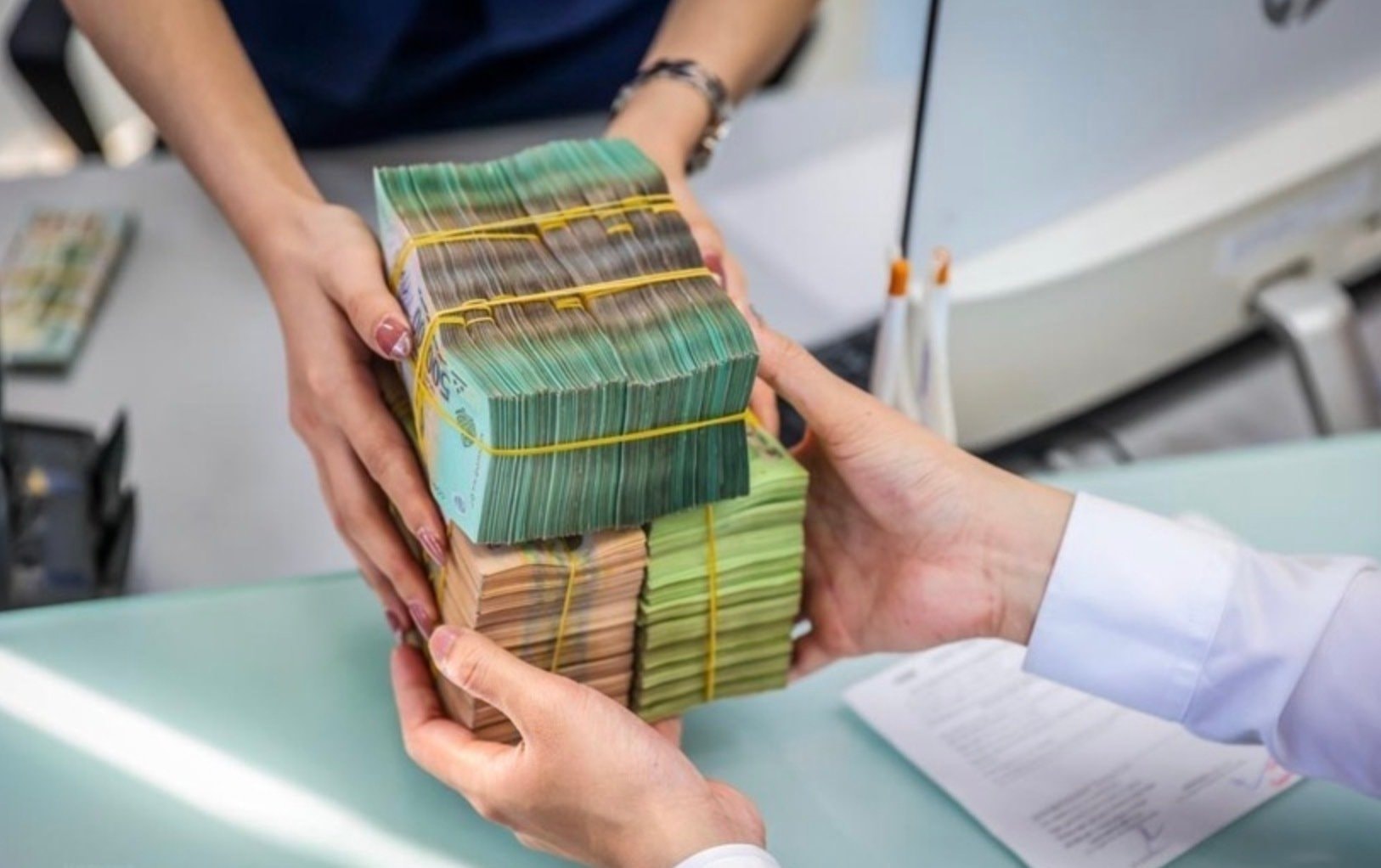
At the end of the year, the currency market witnessed many developments adjusting to the trend of increasing deposit interest rates. In November, a series of banks simultaneously increased deposit interest rates such as MB Bank, Ocean Bank, HD Bank, Bac A Bank...
In particular, some banks have had interest rates for deposits with terms over 12 months exceeding 6%/year such as ABBank (6.2%/year for 18-month term), Bac A Bank (6.05%/year for 18-month term), HD Bank (6.1%/year for 18-month term)...
Because deposit interest rates are on an upward trend, lending interest rates are unlikely to decrease further, according to experts. Economist, Associate Professor, Dr. Dinh Trong Thinh said: "Bank lending interest rates from now until the end of the year will likely remain the same as they are now, and are unlikely to decrease further because the pressure on interest rates in Vietnam is not as great as before."
Explaining further, Mr. Thinh said that recently the US has lowered interest rates twice in a row, the difference between VND interest rates and USD interest rates has also decreased, so the pressure on interest rates is no longer too great.
In addition, the Government and the State Bank are currently operating the monetary market in a stable direction, hoping that commercial banks will continue to optimize costs, create favorable conditions for production and business development by lowering lending interest rates, supporting economic recovery and growth.
On the other hand, mobilizing cash flow for lending is becoming more difficult, every bank wants to be able to mobilize more and increasing mobilization interest rates is inevitable. And when mobilization interest rates increase, lending interest rates will also increase.
However, under the direction of the Government and the State Bank, banks will try to maintain stability, at least not increasing lending rates from now until the end of the year. And if possible, banks will still try to reduce in some priority areas, but the reduction will certainly not be much.
Sharing the same view, Mr. Nguyen Quang Huy - CEO of the Faculty of Banking and Finance, Nguyen Trai University - also said that although the State Bank has repeatedly called for reducing lending interest rates to support businesses, the reality shows that the room for interest rate reduction is increasingly narrowing. When mobilization interest rates increase, banks' input capital costs increase, reducing the ability to reduce lending interest rates.
Preferential interest rate programs are still being implemented, but only focus on a number of priority sectors such as agriculture, exports, and small businesses. Meanwhile, high-risk sectors such as real estate and securities are unlikely to enjoy lower interest rates.
“From now until the end of the year, deposit interest rates may increase by 0.3 - 0.5% per year for medium and long-term terms (6 - 12 months) to meet credit demand and ensure liquidity. Lending interest rates may remain at current levels or decrease slightly in some priority sectors. High-risk sectors may have to bear a slight increase in interest rates,” Mr. Huy predicted.
According to Mr. Huy, the bad debt ratio at many banks is increasing rapidly due to the difficulties of businesses, especially in areas such as real estate and manufacturing. To compensate, banks are forced to increase capital mobilization to ensure sufficient resources for provisioning, avoiding impacts on the financial system.
The fourth quarter of each year is always the time when businesses increase their borrowing for production, business and preparation of Tet goods. To meet this credit demand, banks need to increase their deposit mobilization to ensure sufficient capital for disbursement, creating pressure to push up deposit interest rates.
“In addition, according to Basel II and Basel III standards, banks must ensure a minimum capital adequacy ratio (CAR). At the same time, many banks have reached the LDR (loan-to-deposit) ratio threshold. This forces credit institutions to prioritize increasing mobilized resources to strengthen liquidity, so increasing mobilization interest rates at this time is inevitable,” he added.
Economist, Dr. Nguyen Tri Hieu, commented that the sharp increase in capital demand at the end of the year forced banks to raise deposit interest rates to attract deposits, thereby serving the growing credit demand.
In the context of the end of the year, businesses need capital to maintain and expand production and business, increasing lending interest rates will cause additional cost pressure, affecting economic recovery.
Previously, answering questions before the National Assembly, Governor of the State Bank of Vietnam Nguyen Thi Hong shared that the management of lending interest rates is currently facing many difficulties due to pressure from the international market and the domestic situation. The fluctuations of the USD in recent times, along with tensions in foreign currency supply and demand, have forced the State Bank of Vietnam to prioritize exchange rate stability. If lending interest rates decrease sharply, the exchange rate is at risk of increasing, causing macroeconomic instability and anxiety for foreign investors.
Recently, we have reduced interest rates quite a bit compared to other countries. Whether we continue to reduce interest rates or not depends on domestic and international economic developments, liquidity, and the state of the banking system.
However, the State Bank of Vietnam still affirms that it will continue to direct banks to reduce operating costs to stabilize or slightly reduce lending interest rates, supporting businesses and the economy.
Prime Minister Pham Minh Chinh signed an official dispatch on continuing to promote domestic market development and stimulate consumption. In particular, the Prime Minister requested the Governor of the State Bank to continue directing commercial banks to save costs, promote the application of digital technology, and reduce loan interest rates for businesses and people to promote production and business in the last months of 2024 and early 2025.
Source: https://baohaiduong.vn/lai-suat-cho-vay-tu-nay-den-cuoi-nam-co-giam-them-399276.html


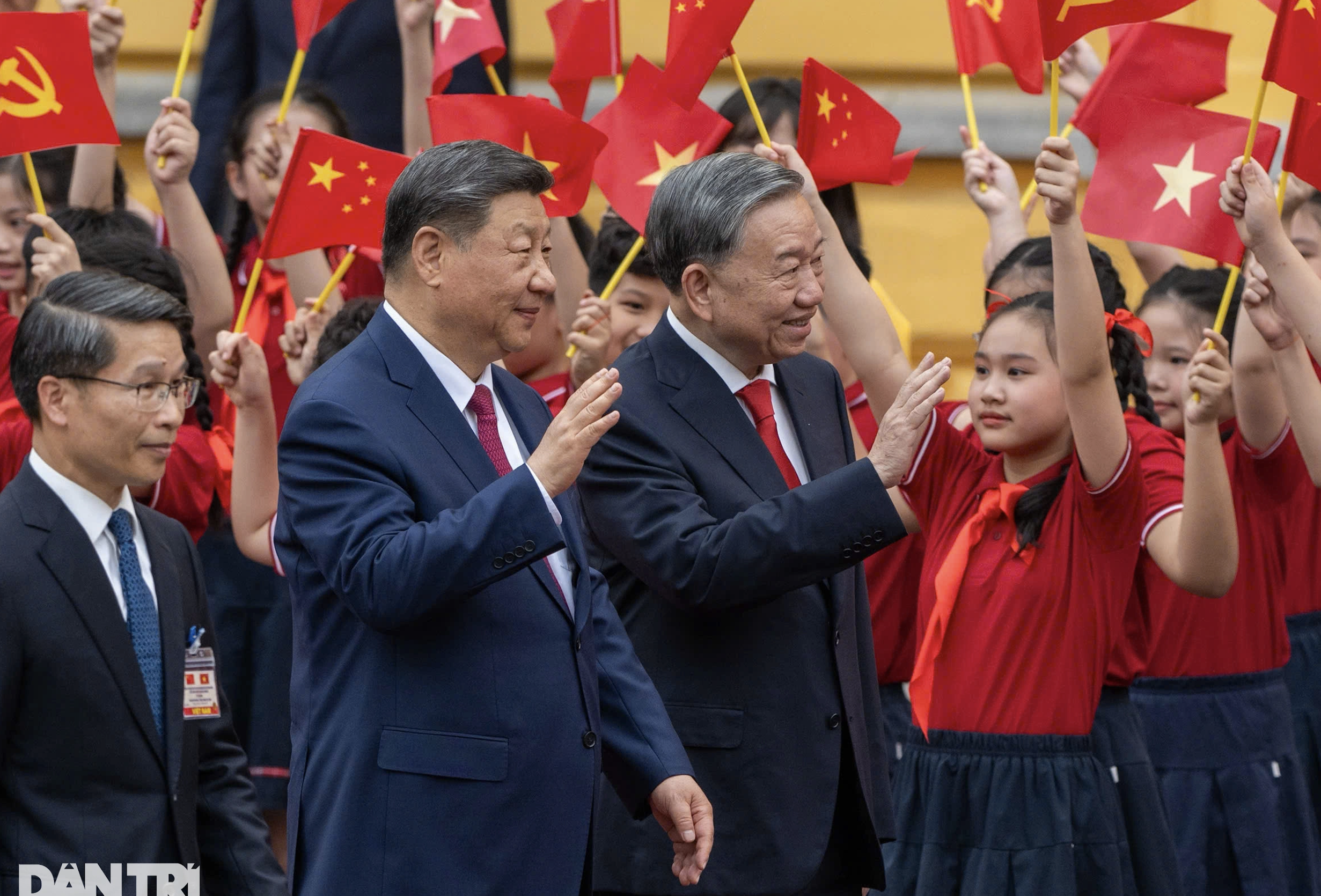
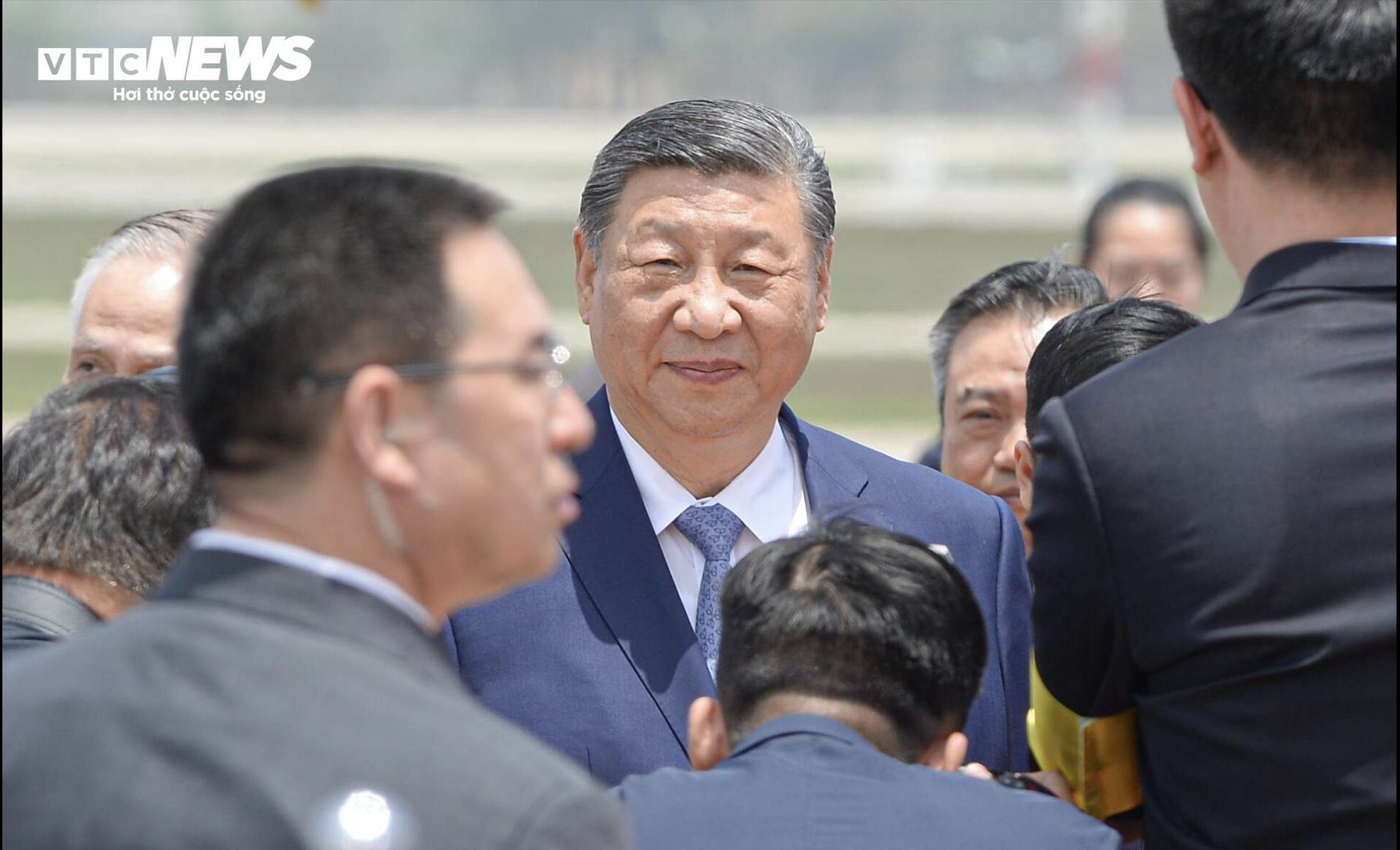


![[Photo] Prime Minister Pham Minh Chinh receives Chairman of Commercial Aircraft Corporation of China (COMAC)](https://vstatic.vietnam.vn/vietnam/resource/IMAGE/2025/4/14/93ca0d1f537f48d3a8b2c9fe3c1e63ea)
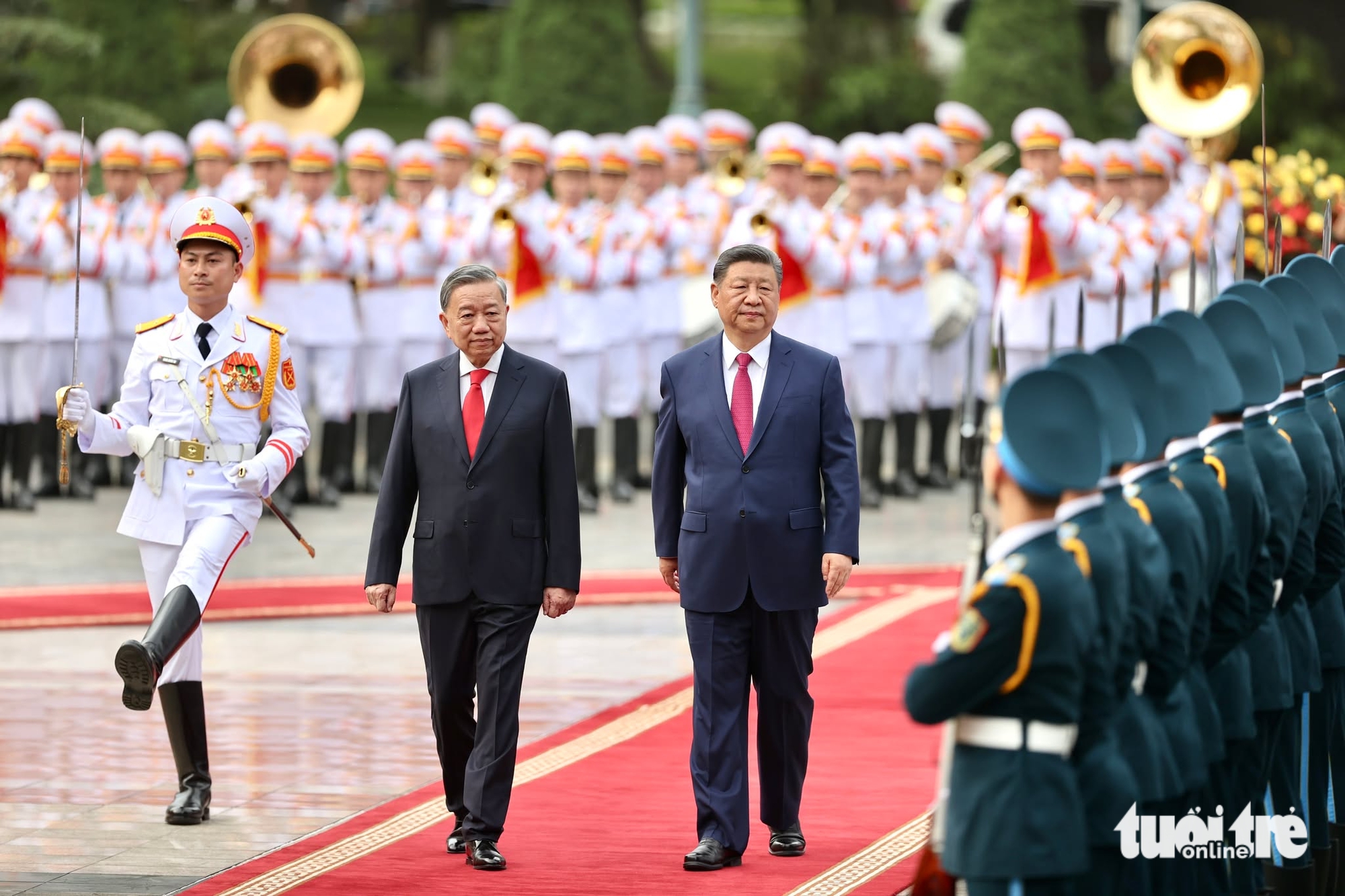
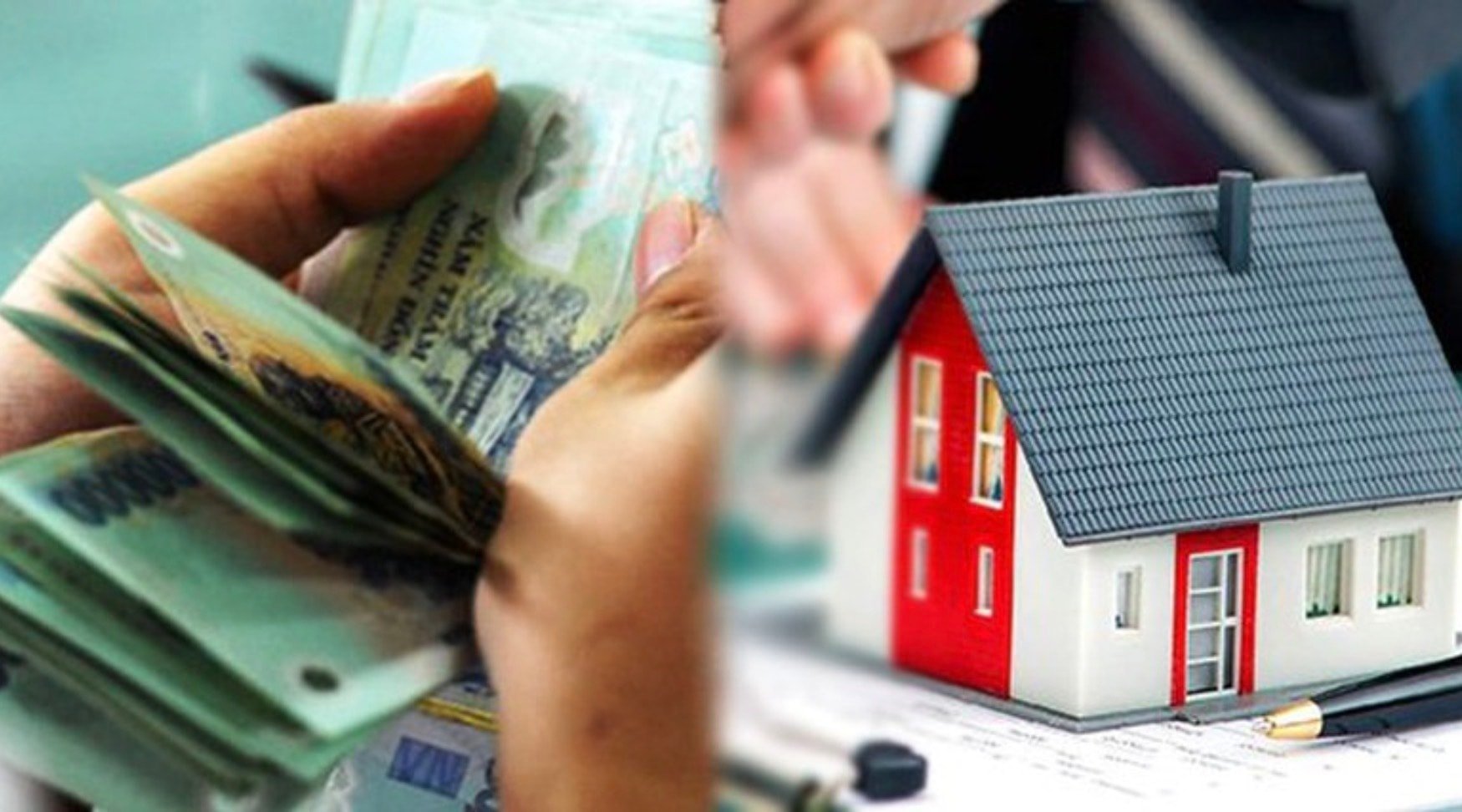
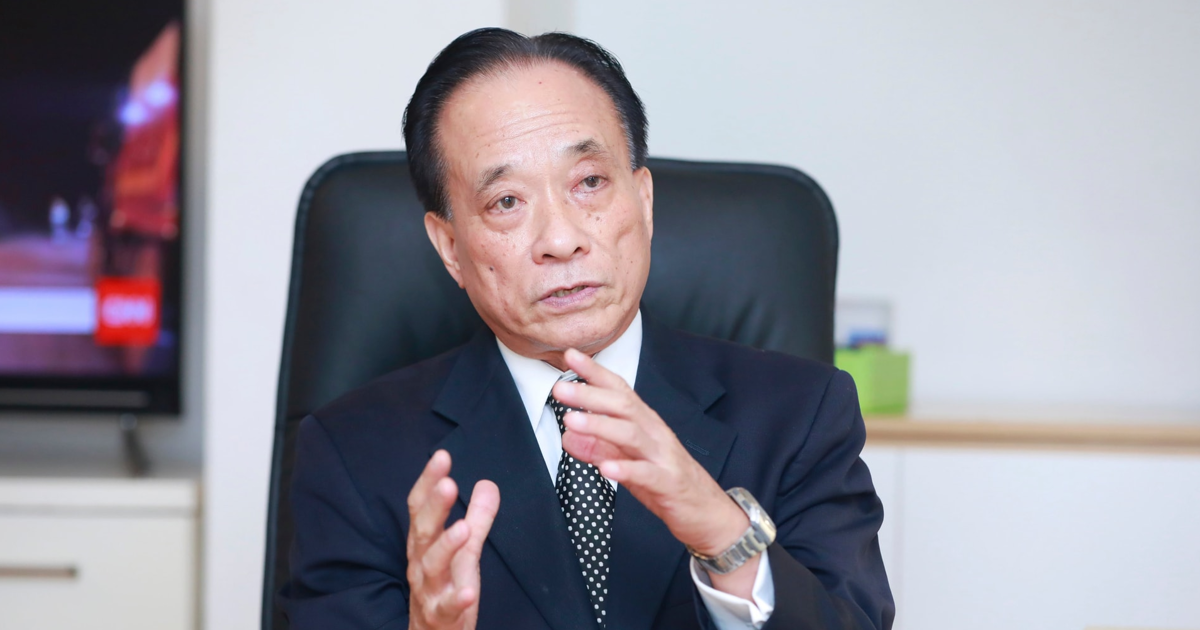




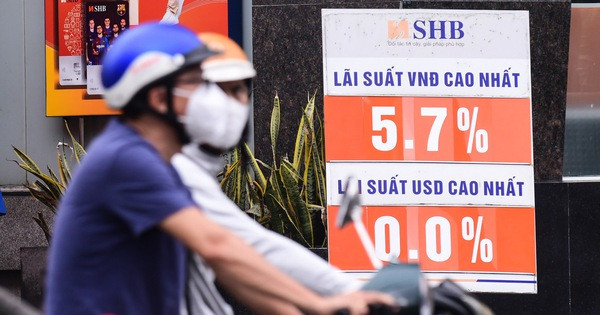

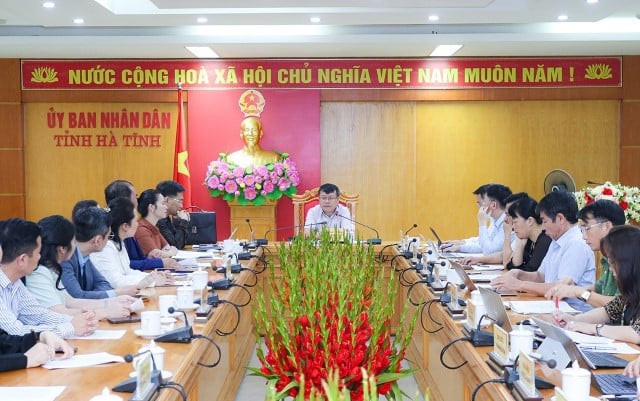

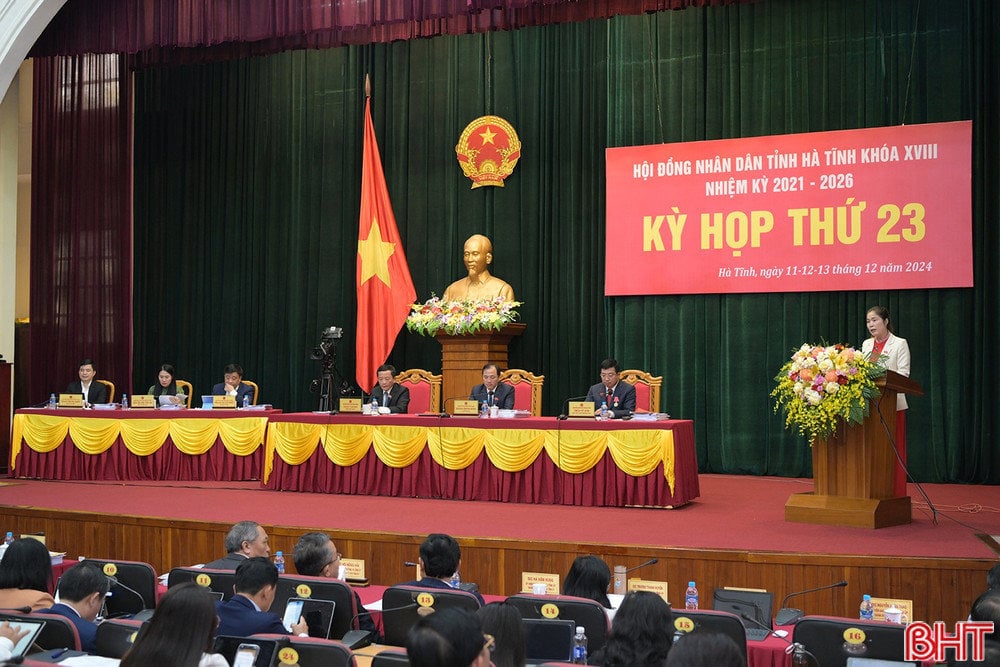

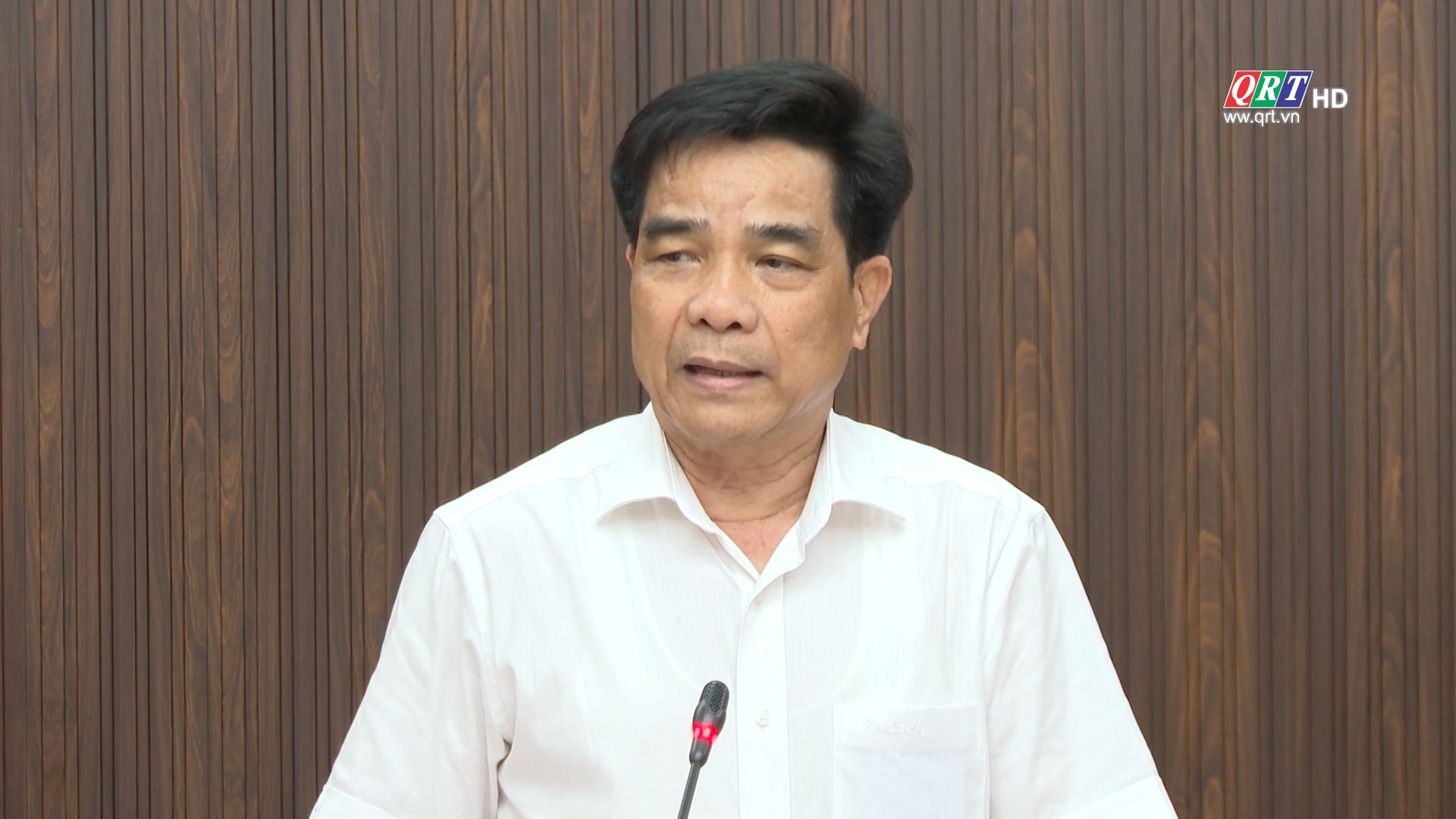



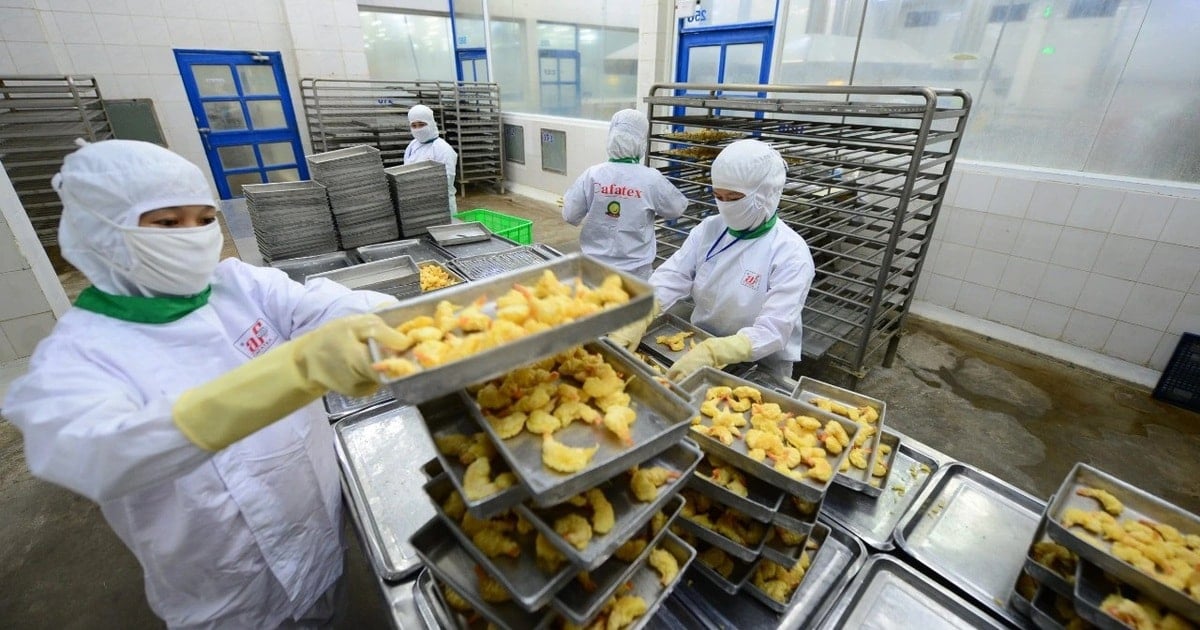




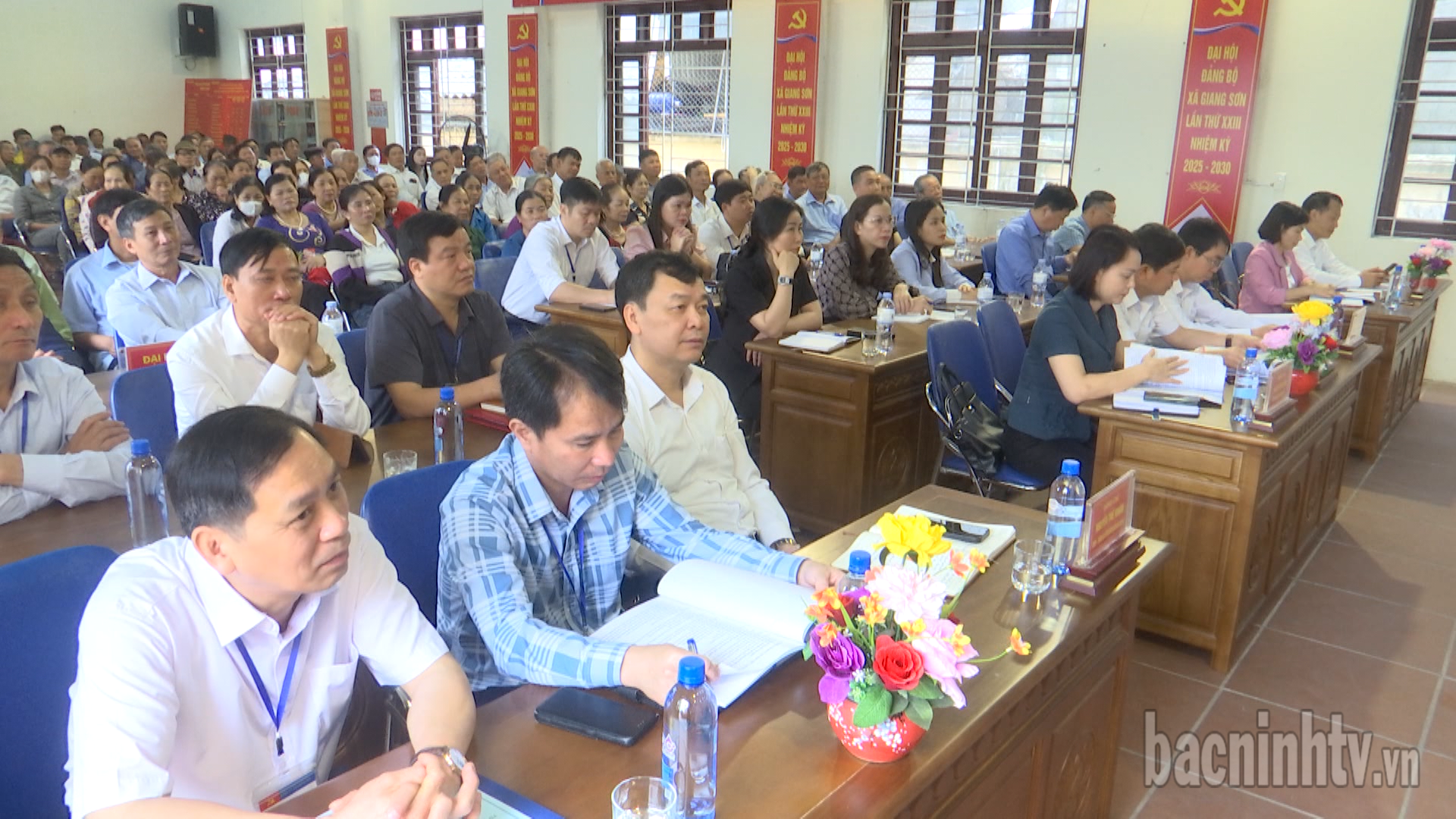
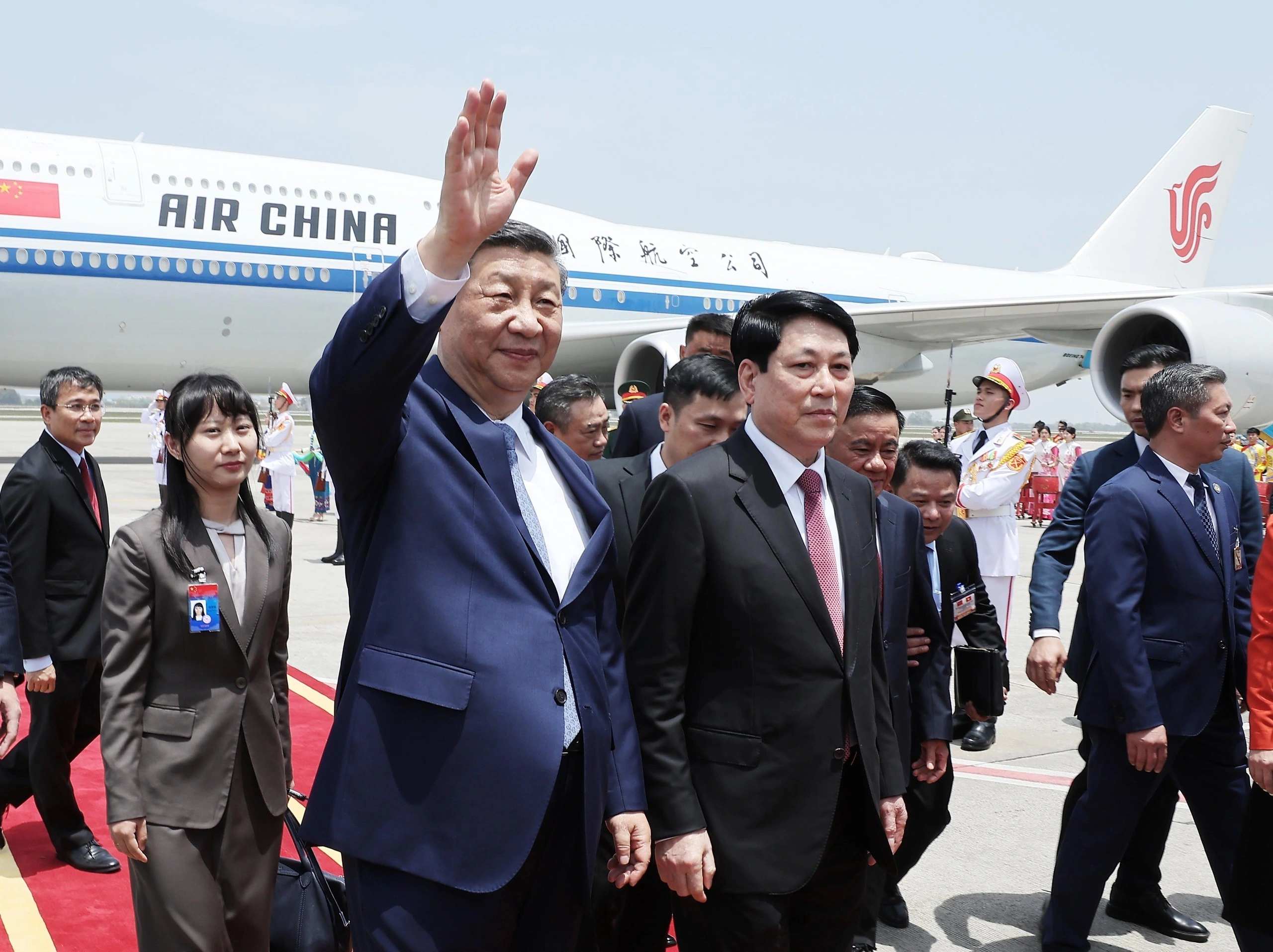































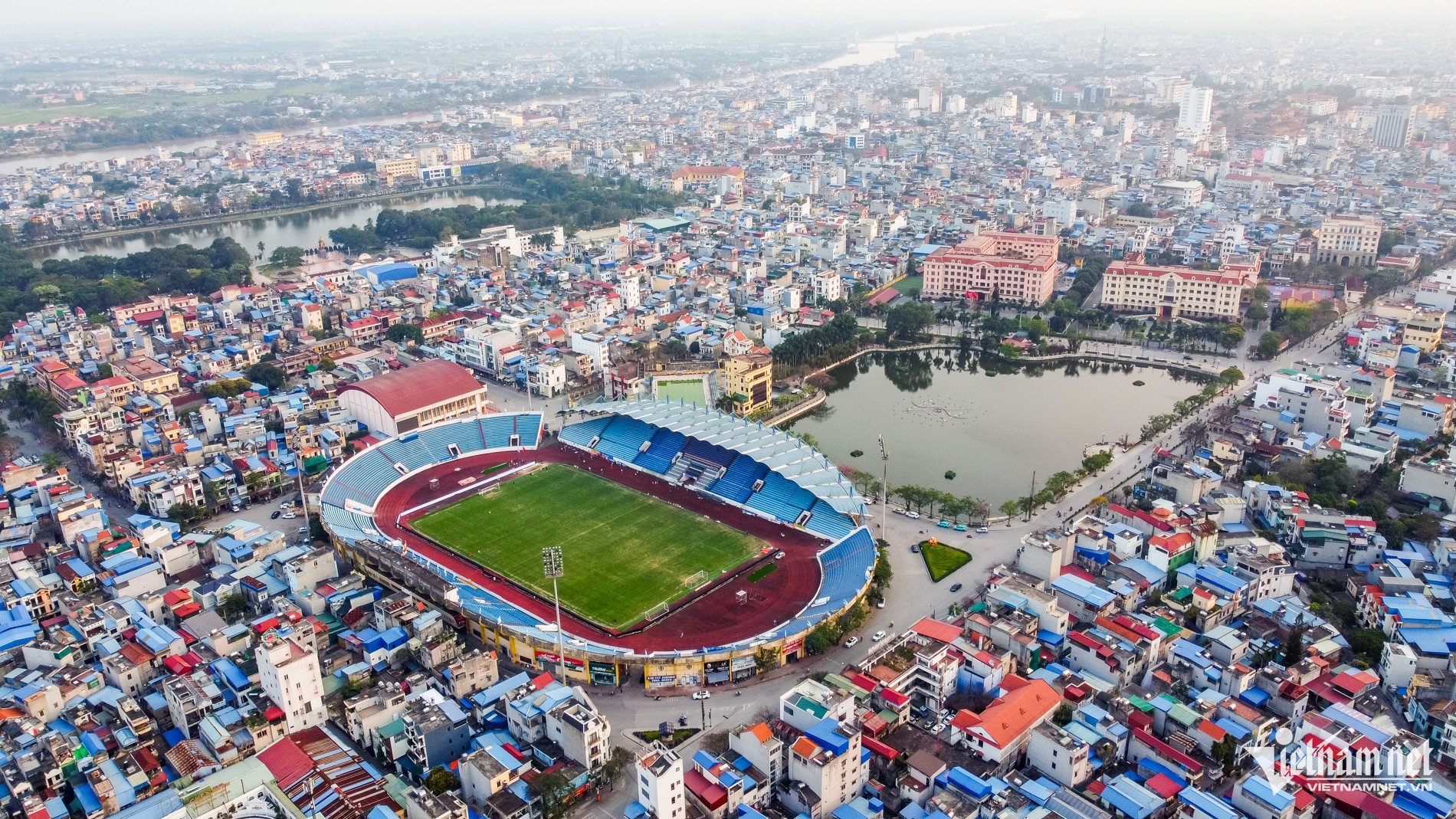
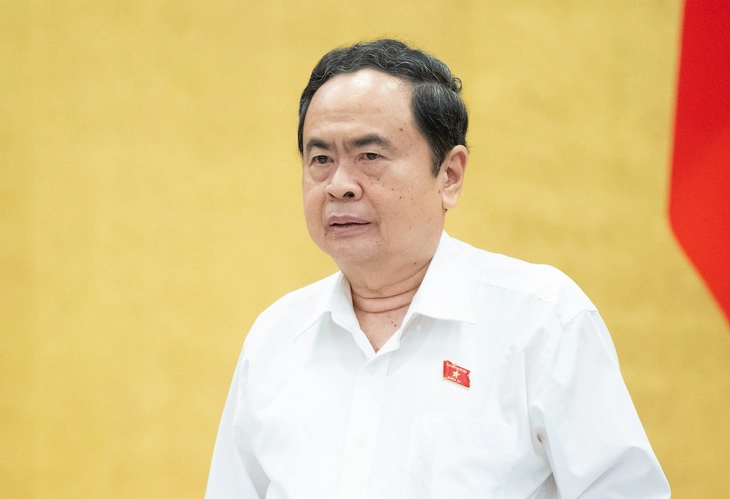
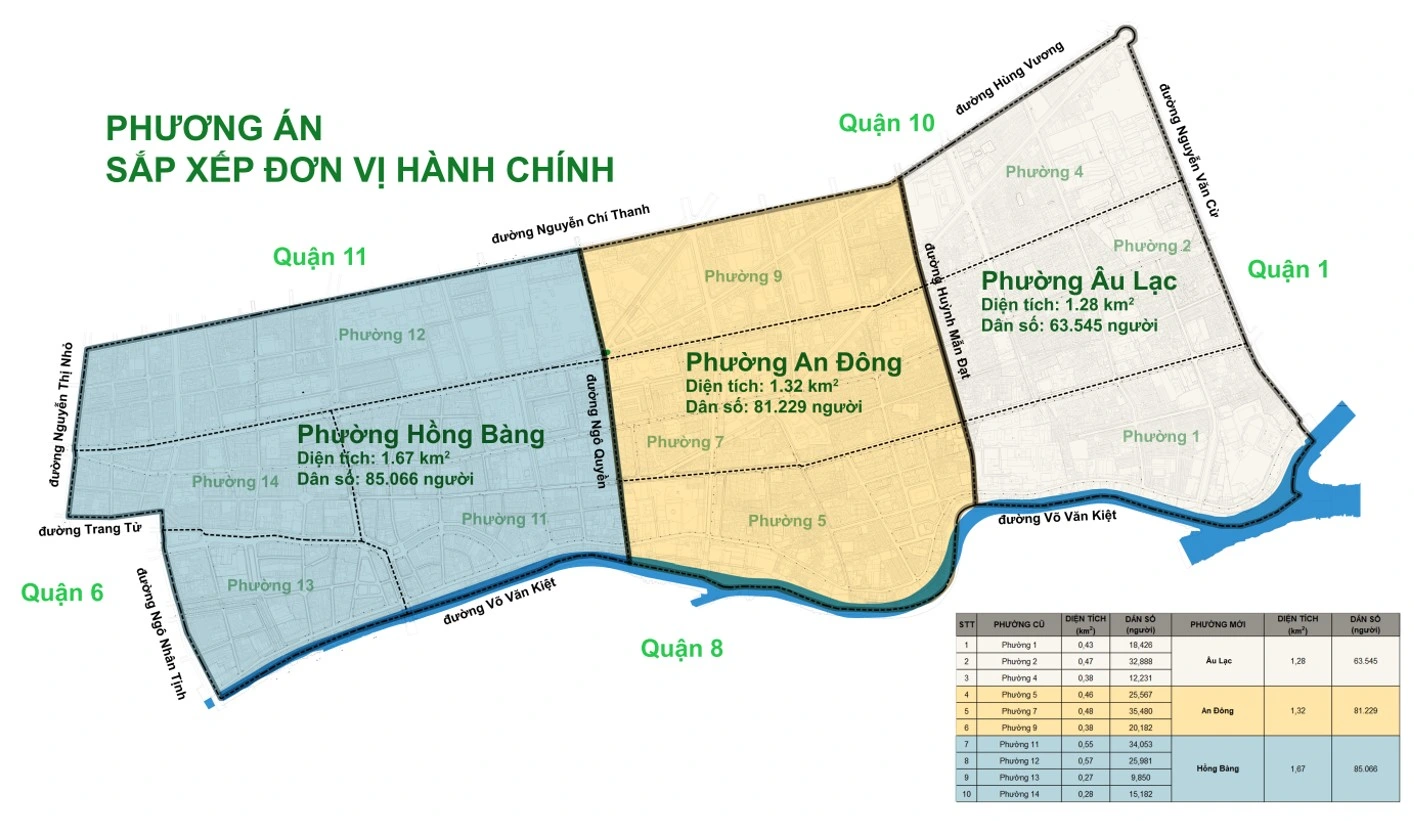


























Comment (0)